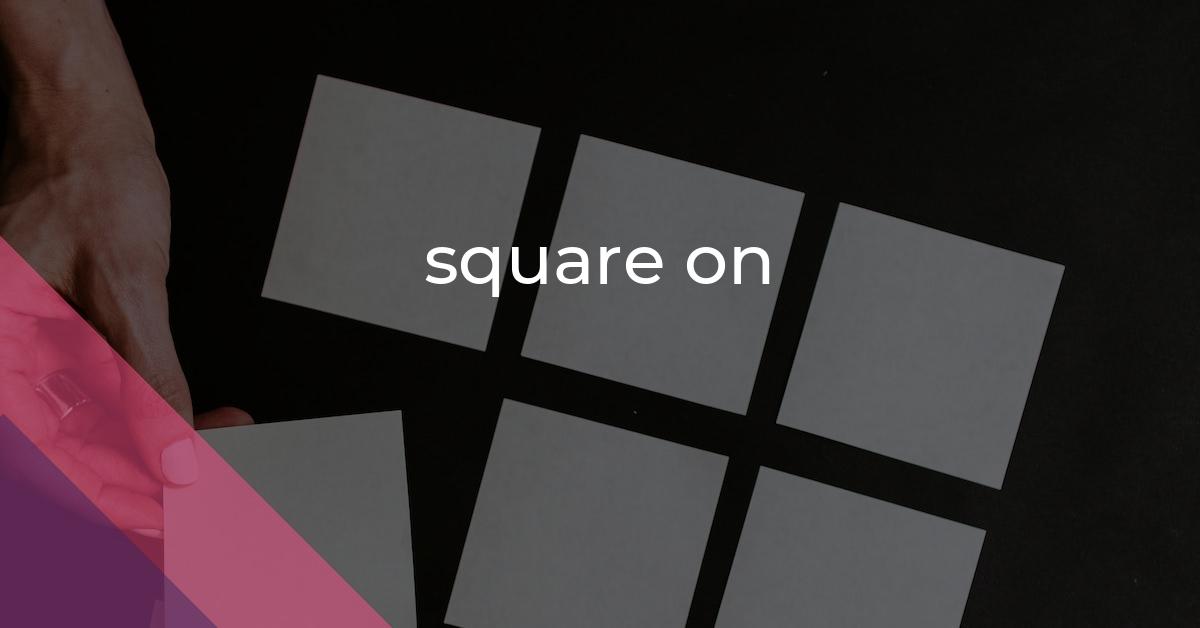square on: Idiom Meaning and Origin
What does ‘square on’ mean?
The idiom "square on" means to confront or face a situation directly and honestly, without avoiding or shying away from it.

Idiom Explorer
The idiom "up against" means to be facing or confronting something difficult or challenging.
The idiom "tell you the truth" is a way to emphasize honesty in a statement, suggesting that the speaker is about to share their true thoughts or feelings on a matter. It signifies a candid and sincere expression.
The idiom "tell the truth" means to be honest and not lie or deceive. It is often used in the context of revealing or sharing accurate information or facts without any distortion.
"Tell it like it is" means to speak honestly and bluntly, without sugarcoating or hiding the truth.
The idiom "take the bull by the horns" means to confront or address a difficult or challenging situation head-on, without fear or hesitation. It implies to directly tackle a problem instead of avoiding it or waiting for someone else to do so.
The idiom "take sides" means to choose or support one person, group, or opinion over another, often in a conflict or disagreement.
"Take on the chin" means to bravely and stoically accept a difficult or unpleasant situation, especially when facing criticism, defeat, or adversity.
The idiom "take one's courage in both hands" means to summon up one's bravery and face a challenging or intimidating situation directly and confidently.
The idiom "take on" means to assume responsibility or an undertaking. It can also mean to confront or challenge someone or something.
An idiom meaning that one has to accept a situation or offer as it is, without the possibility of negotiation or change.
FAIL
Square on is a phrase that has a very specific meaning in American English. It combines the words "square" and "on." The word "square" has historical roots in geometry and was used to describe something that has equal sides or angles. In the context of the idiom, "square" is used to convey a sense of fairness, honesty, and conformity to rules. On the other hand, the word "on" is a preposition that indicates being in a position of contact or attachment to something. When combined, the idiom "square on" is used to describe a situation or person who is honest, fair, and abides by the rules. It can also be used to describe a person who is reliable, trustworthy, and consistent in their behavior. The origins of the idiom are uncertain, and it is mainly used in informal conversations.
One related idiom that is frequently used in English is "on the square". This idiom also conveys the idea of fairness and honesty. It means to act in a straightforward and honest way, without any deception or ulterior motives. A person who is "on the square" can be trusted and relied upon. This idiom is similar in meaning to "square on", as both emphasize the importance of honesty and integrity.
Another related idiom is "head-on". This phrase is used to describe a direct and confrontational approach to a situation. When two objects or people collide "head-on", they do so with full force and without any hesitation. Similarly, when someone faces a problem or challenge "head-on", they tackle it directly and without avoidance. This idiom is different in meaning from "square on", as it focuses more on direct confrontation rather than fairness or honesty.
"square away" is another idiom related to "square on". It means to organize or arrange something in a neat and orderly manner. When a person "squares away" their tasks or responsibilities, they complete them in a systematic and efficient way. This idiom emphasizes the importance of being organized and having things in order. While it shares the word "square" with "square on", the two idioms have different meanings. "Square on" focuses on honesty and fairness, while "square away" focuses on organization and efficiency.
When someone is "up against" something, they are facing a difficult or challenging situation. This idiom suggests that someone is in a position of opposition or adversity. They are confronted with an obstacle or problem that they must overcome. This idiom is different from "square on", as it does not convey the idea of fairness or honesty. Instead, it emphasizes the difficulties and challenges someone faces.
"take on" is another idiom that is related to "square on". It means to assume or accept responsibility for something. When someone "takes on" a task or role, they willingly accept the responsibility and commit to completing it. This idiom is different in meaning from "square on", as it focuses on taking on a responsibility rather than being honest or fair.
"square on" is an idiomatic phrase that is used to describe a person or situation that is honest, fair, and follows the rules. The related idioms "on the square", "head-on", "square away", "up against", and "take on" have different meanings that are related to different aspects of life and behavior. While these idioms share the word "square" with "square on", they have distinct interpretations and uses in English. It is important to understand the specific meanings and connotations of these idioms to use them correctly in conversations and writing.
Example usage
Examples of how the idiom square on can be used in a sentence:
- He did his best to square on with his boss after making a big mistake.
- I have to square on with my parents about my low grades this semester.
- The politician tried to square on with the public after being caught in a scandal.
More "Expression" idioms



